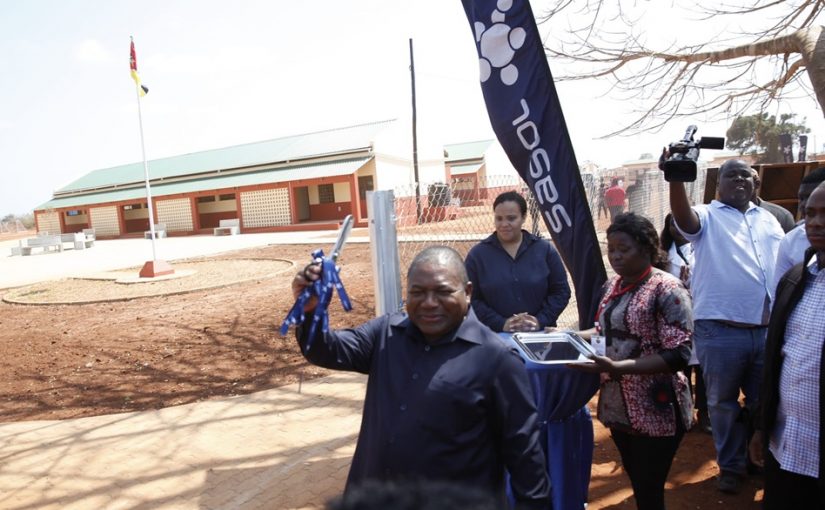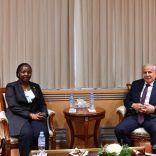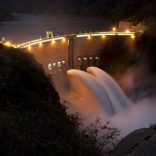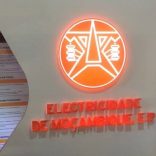Mozambique: Cahora Bassa hydropower producer paid the State €1.588B since 2007
Mozambique: Huge growth of energy sector due to mineral resources – president

Photo: Sasol em Moçambique / Facebook
Mozambican president Filipe Nyusi on Friday pointed to the “large scale” growth of the country’s extractive sector due to the exploitation of mineral resources, highlighting efforts to prevent conflicts with local communities.
“The extractive sector in Mozambique has been growing in size with the exploitation of mineral resources and hydrocarbons, but we have done everything we can to ensure that it is not a cause for conflict,” said Filipe Nyusi, during the inauguration of the Joaquim Mara resettlement village, built by the South African energy company Sasol in Inhassoro, Inhambane province, southern Mozambique.
According to the head of state, resource exploitation projects should serve to improve social conditions, emphasising the importance of negotiations and consensus before projects are realised to avoid conflicts with communities.
“The taxes that are collected from these projects are the ones that make roads (…) the salaries, although debatable, but they also come out of these efforts, that’s how the distribution is done,” he said.
On the occasion, the President of Mozambique said that the resettlement village inaugurated today is an example of territorial planning, considering that the infrastructure “rejects” the narrative of usurping land or “imposing forced changes” on the local community.
According to the Mozambican president, the Joaquim Mara resettlement village was built with resilient materials and includes, among other things, single-family homes, infrastructure for education, sports, teachers’ residences and churches.
“Aware that the infrastructure delivered today is the basis for the socio-economic growth of our community, we recommend that it be preserved so that it can serve future generations,” concluded Filipe Nyusi.
South African energy company Sasol exported 2.695 billion gigajoules (GJ) of natural gas in southern Mozambique out of a total of 3.047 billion produced over the last 20 years in the country, it was announced in August.
“This milestone has not only put Mozambique on the regional map of natural gas producers, but has also laid the foundations for the development of the oil sector at national level,” said the Mozambican head of state during a statement to the nation at the celebration of the 20th anniversary of the creation of the National Petroleum Institute (INP) in Maputo on 20 August.
Sasol has been exploiting gas reserves since 2004 in Temane and Pande, in Inhambane province, with pipelines to South Africa and Maputo, as well as feeding the Mozambican power station at Ressano Garcia, near the capital and on the border with South Africa.
According to the Mozambican head of state, of the total produced by the South African company, 352 million gigajoules – a unit of energy equivalent to around 25.5 cubic metres – were consumed on the Mozambican market as commercial gas and also served as “royalties in kind”.
For Nyusi, the start of gas exploration in Pande and Temane was one of the country’s great achievements in the efforts to harness energy potential, laying the foundations for the development of the oil sector for the benefit of Mozambicans, which culminated in the discovery of reserves in the Rovuma basin, estimated at around 180 trillion cubic feet.
Mozambique has three development projects approved to exploit the natural gas reserves in the Rovuma basin, classified among the largest in the world, off the coast of Cabo Delgado.












Leave a Reply
Be the First to Comment!
You must be logged in to post a comment.
You must be logged in to post a comment.